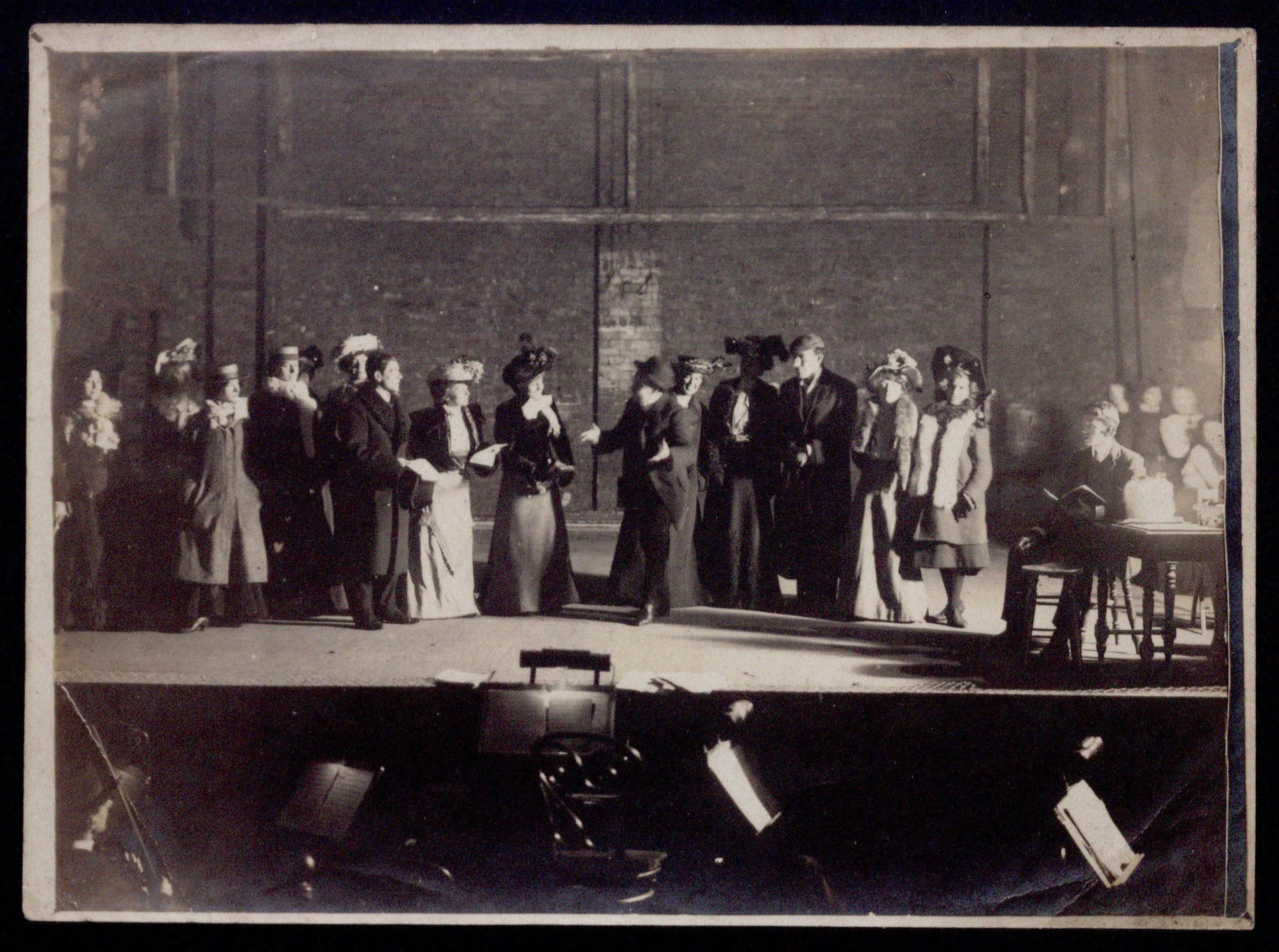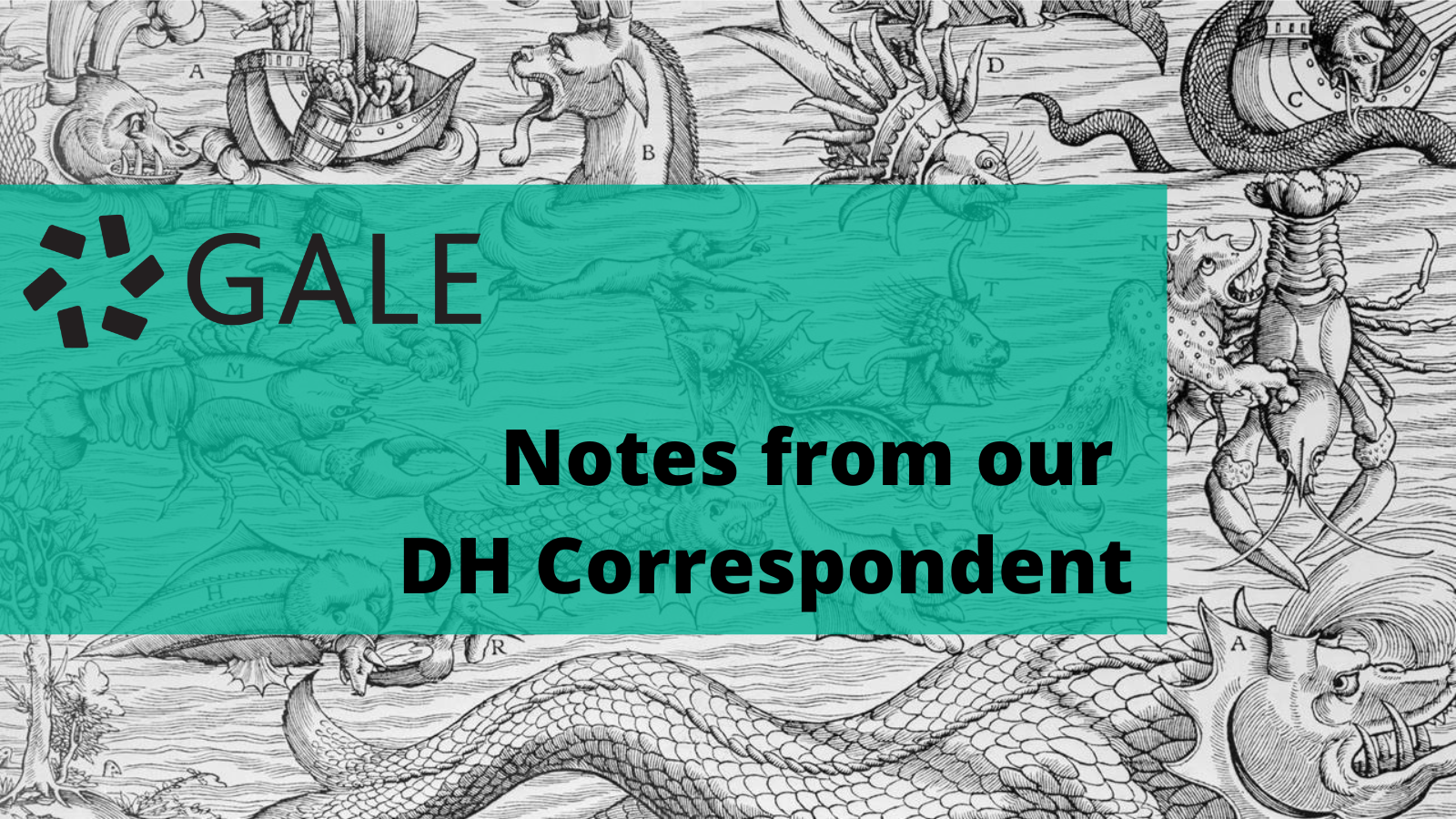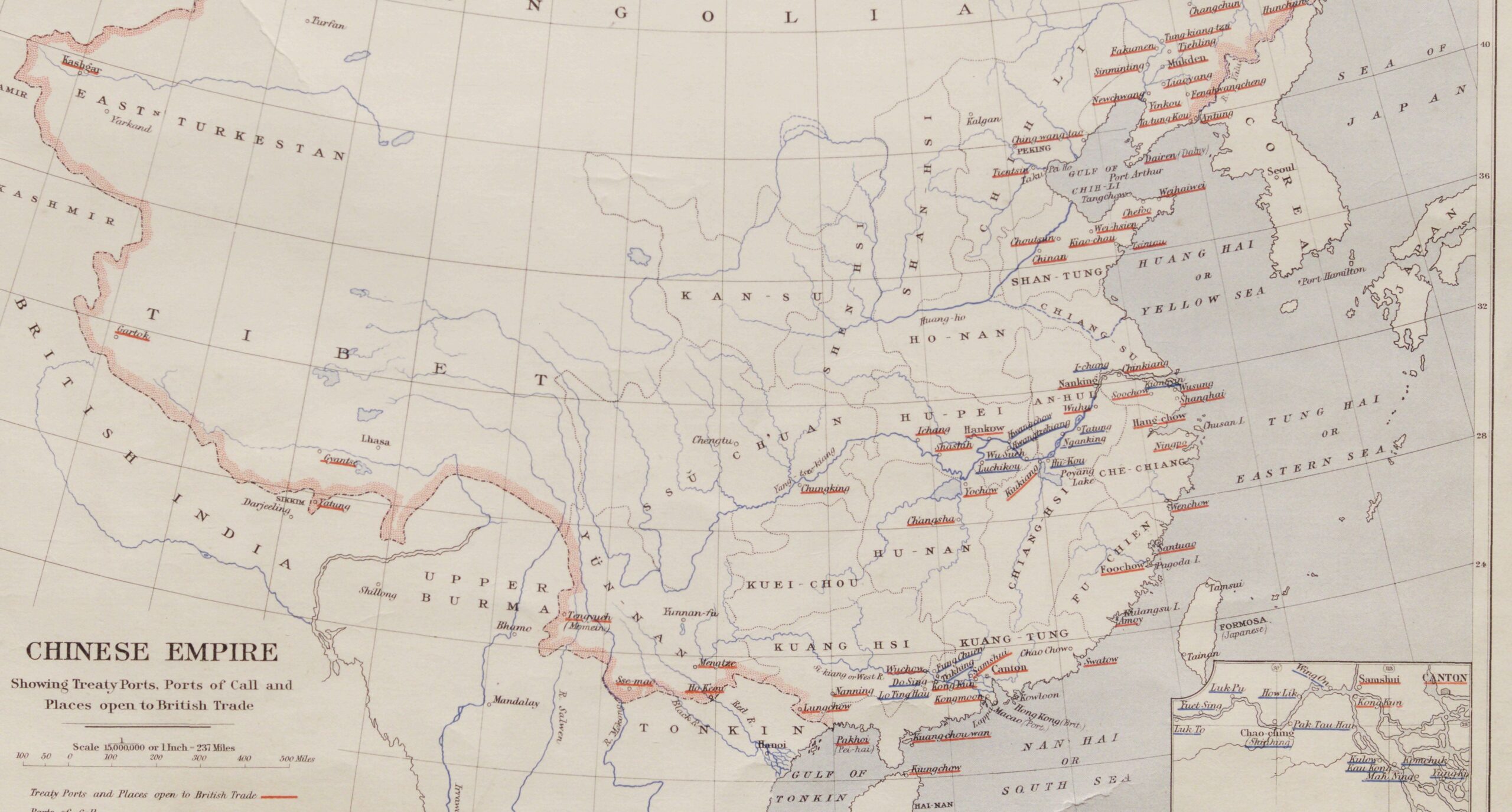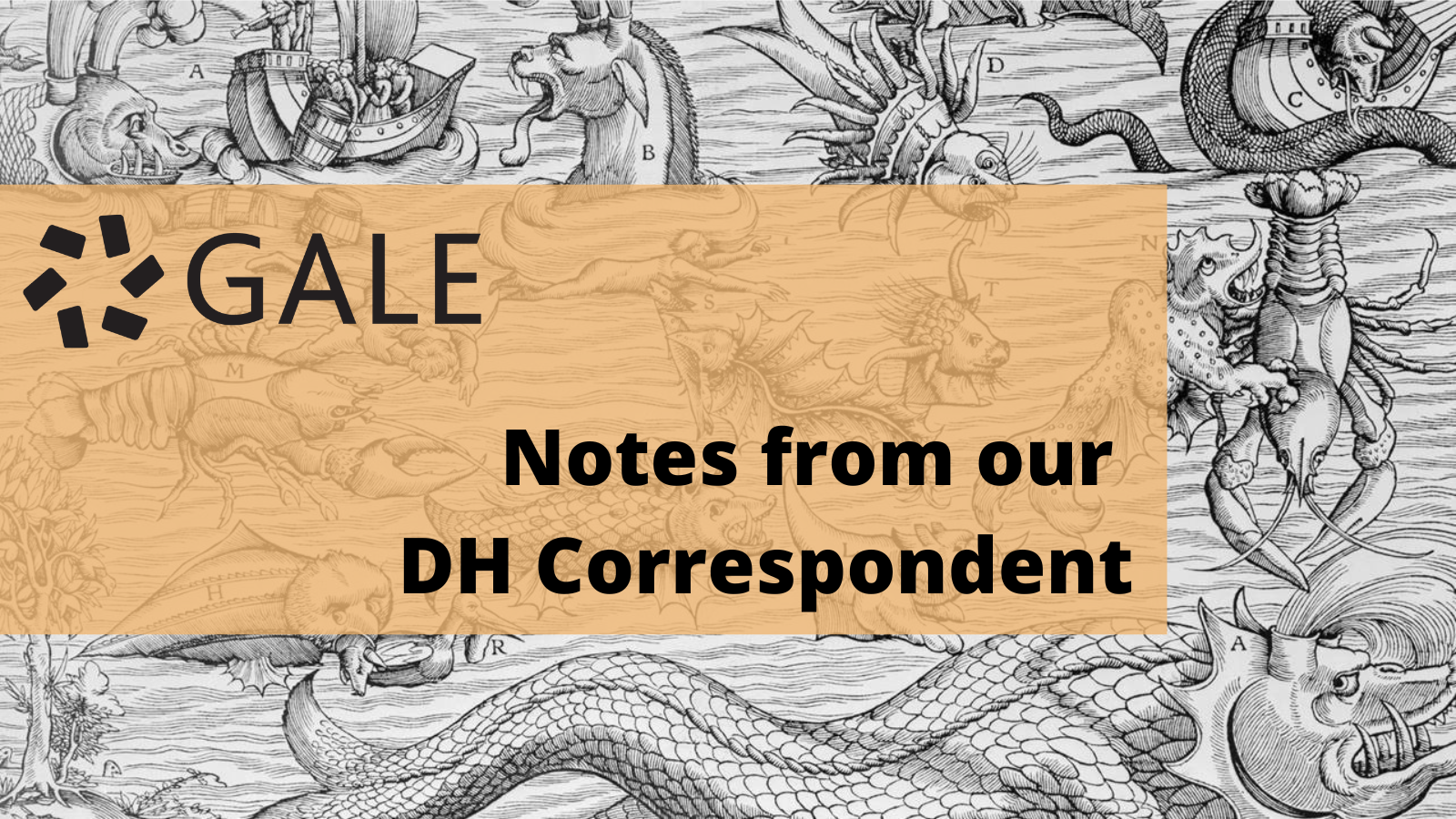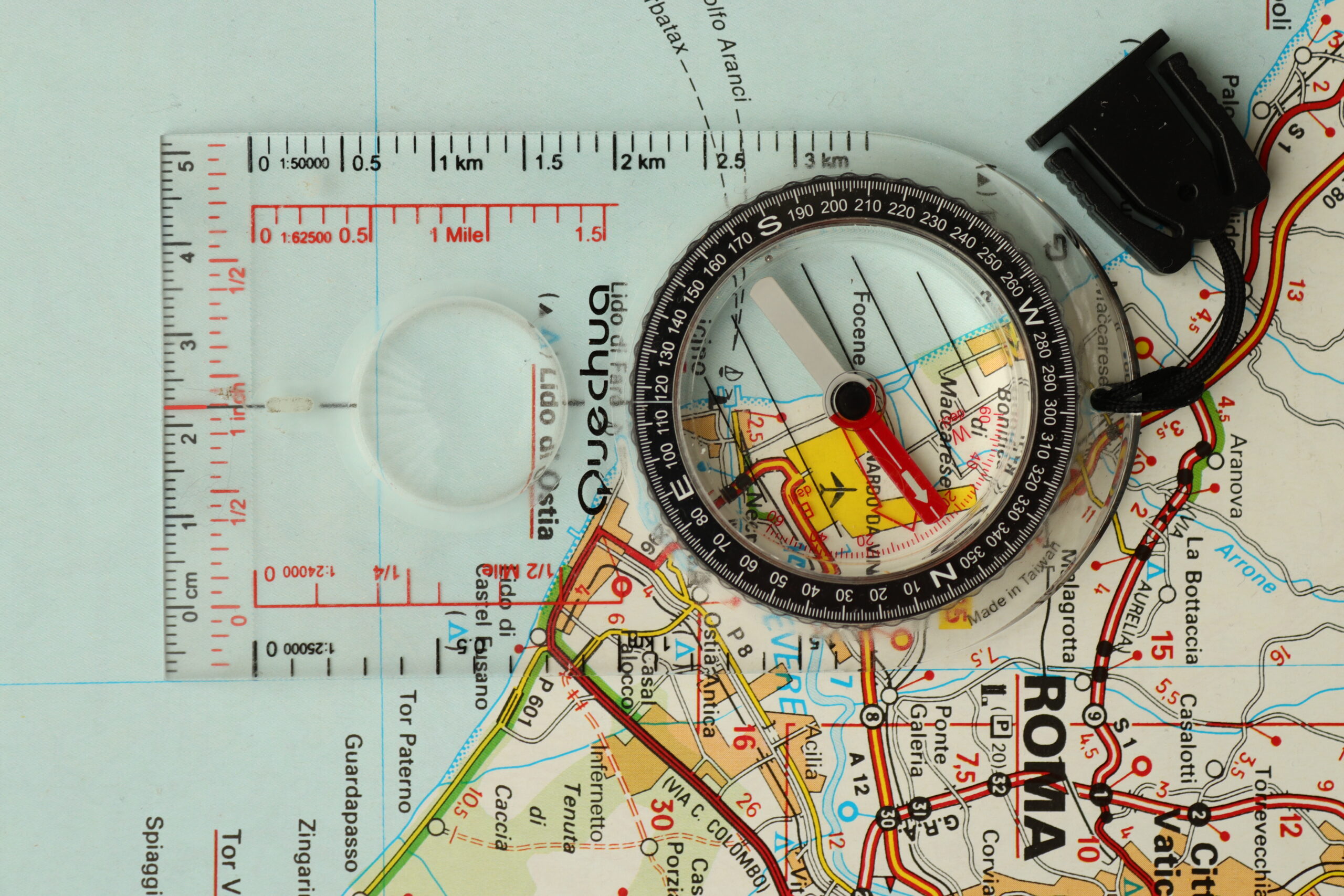│By Clem Delany, Acquisitions Editor, Gale Primary Sources│
Like many people in the UK, my first experience of humanitarian appeals was through charity campaigns at school or through Blue Peter. The first one I strongly recall is sending care packages to Romania. Famine in Ethiopia and the need for wells in Africa also loom large in my memories of this era; if Matt Baker told me to give money I said how much (up to a limit of £2)?
Years later, studying history at University, I took a module on the Greek famine of 1941-1942. It was something I had known nothing about, illustrated with stark numbers of Axis requisitions, of the dead and the starving, and by accounts from survivors.
Primary sources for situations such as famines can be a real challenge for scholars; data is shaky, accounts are limited. Few people in a famine zone are there to count heads or write a dissertation; they are either struggling to survive the disaster or there to provide aid.



